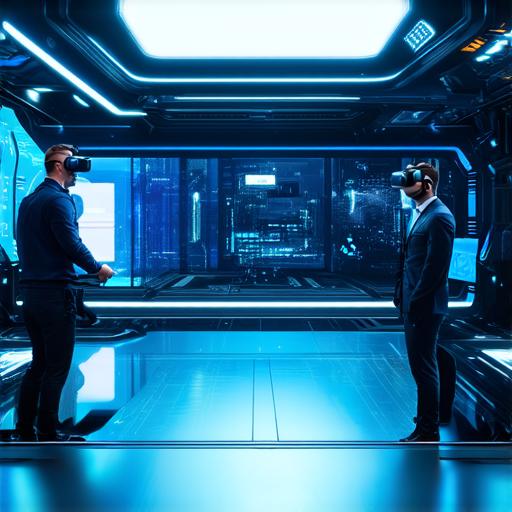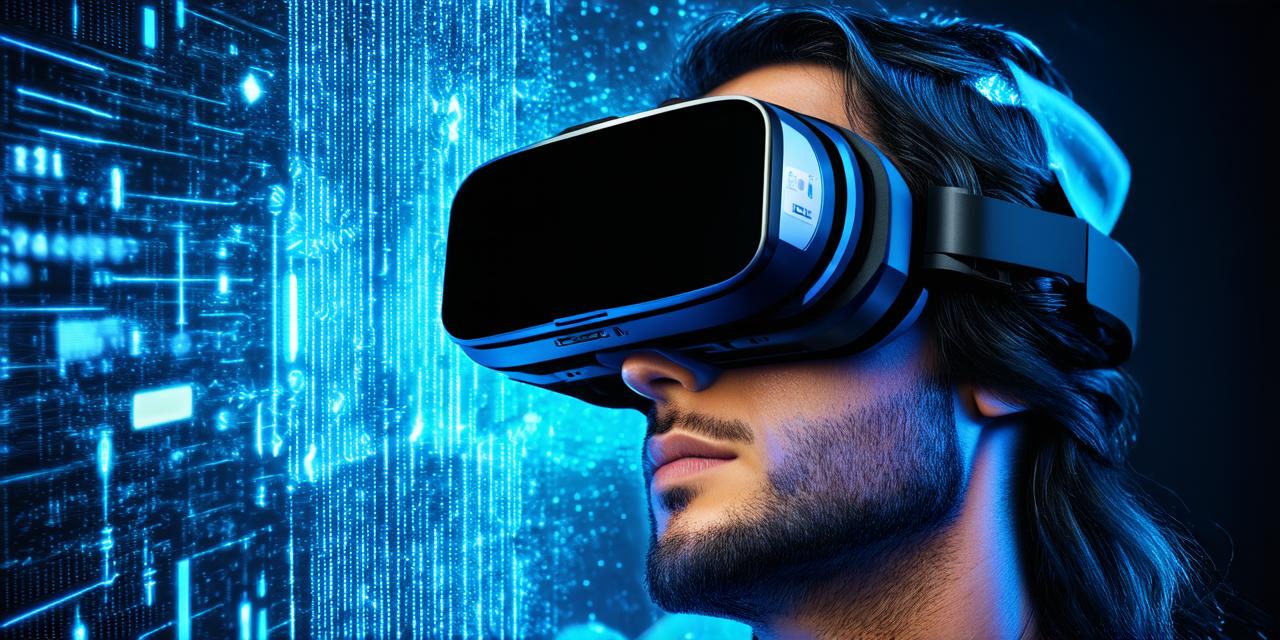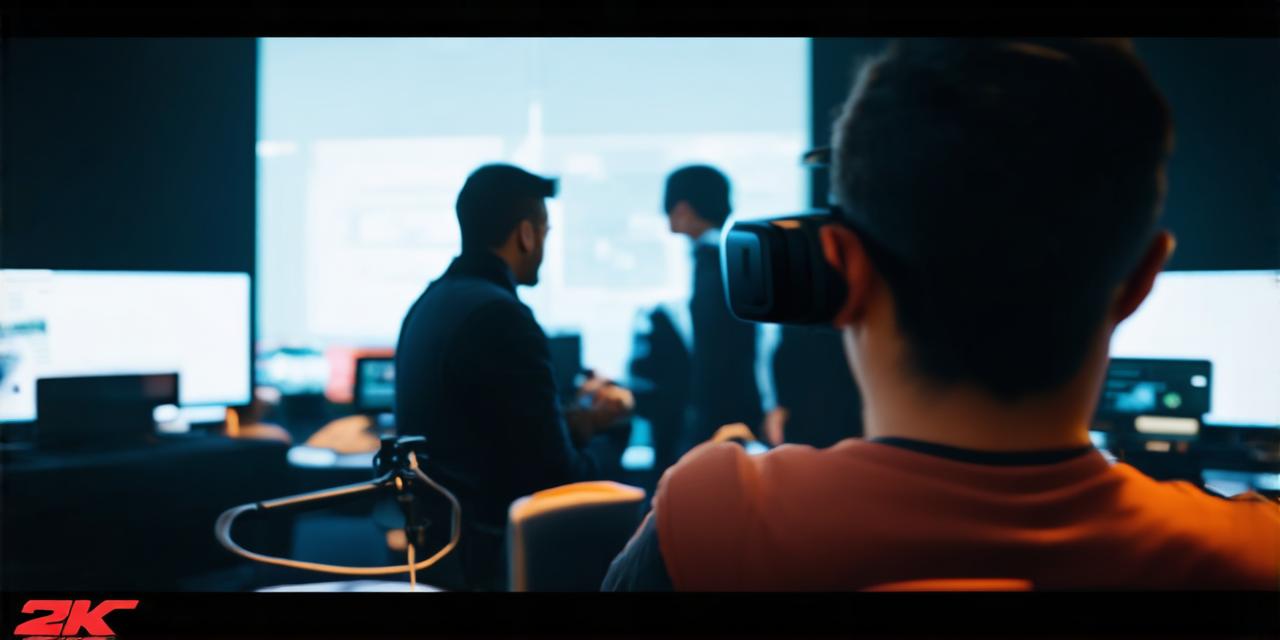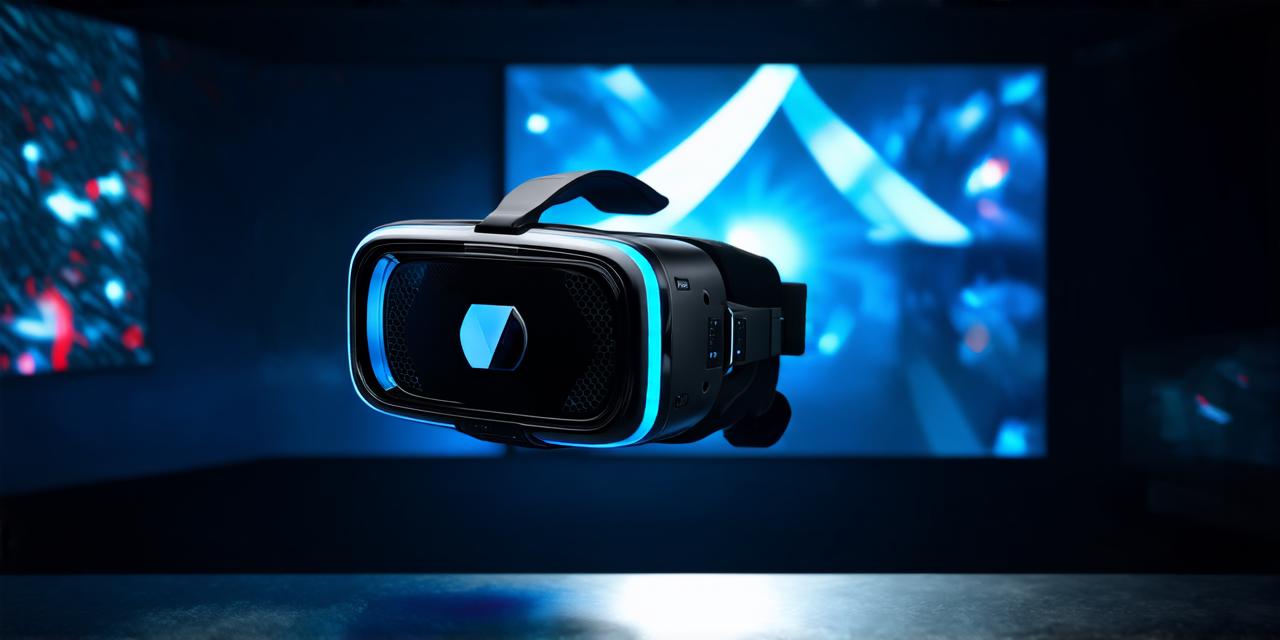As virtual reality (VR) technology continues to advance, it’s becoming increasingly clear that this industry holds immense value for businesses and consumers alike. In this article, we will explore the many ways in which VR is being used, its potential benefits, and how it is likely to shape the future of industries ranging from gaming to healthcare.
The Impact of Virtual Reality on Industries
Virtual reality has already had a significant impact on various industries, with some of the most notable examples including gaming, education, and healthcare. In the gaming industry, VR is being used to create immersive and interactive experiences that have never been possible before. This technology allows gamers to step into a virtual world and interact with characters in ways that were previously impossible.
Virtual reality is also being used in education to enhance the learning experience. By providing students with virtual environments that simulate real-world scenarios, teachers can help their students better understand complex concepts and gain hands-on experience without leaving the classroom. For example, medical students can use VR simulations to practice surgeries and other procedures, while architects can use this technology to design and test new building designs.
In healthcare, virtual reality is being used to improve patient outcomes and reduce costs. This technology can be used to create realistic simulations of surgical procedures, allowing doctors to practice and perfect their techniques before performing the surgery on a real patient. Virtual reality can also be used to treat patients with mental health conditions, such as anxiety and depression, by providing them with immersive experiences that help them overcome their fears.
The Future of Virtual Reality
As virtual reality technology continues to evolve, it’s likely that we will see even more innovative uses for this technology in the future. For example, virtual reality could be used to create realistic simulations of work environments, allowing employees to practice new skills and gain experience without leaving the office. This technology could also be used to enhance remote collaboration, making it easier for teams to work together even when they are located in different parts of the world.
Virtual reality is also likely to have a significant impact on industries such as tourism and real estate. With VR, tourists can explore new destinations from the comfort of their own homes, while real estate agents can use this technology to give potential buyers a virtual tour of properties without having to physically visit them.
The Benefits of Virtual Reality
Virtual reality offers many benefits that make it an attractive option for businesses and consumers alike. One of the main benefits is that it allows people to experience things in ways that were previously impossible. For example, a person who has never been to space can use VR technology to simulate what it’s like to float in zero gravity.

Virtual reality also offers a high level of immersion, which can be particularly useful for training and education purposes. By providing people with virtual environments that closely resemble real-world scenarios, businesses can help their employees develop skills and knowledge in a safe and controlled environment.
In addition, virtual reality is often more cost-effective than traditional methods of training and education. For example, it’s much cheaper to create a VR simulation of a surgical procedure than it is to build a physical operating room.
The Challenges of Virtual Reality
Despite its many benefits, virtual reality also presents some challenges that must be addressed. One of the main challenges is the cost of the technology itself. Virtual reality headsets and other equipment can be expensive, which means that not everyone will be able to access this technology.
Another challenge is the potential for motion sickness. Some people may experience nausea or dizziness when using virtual reality, which can make it difficult for them to focus on the task at hand.
Finally, there is the issue of privacy. Virtual reality technology often requires users to wear headsets that track their movements, which raises concerns about how this data will be used and who will have access to it.
Conclusion
In conclusion, the virtual reality industry holds immense value for businesses and consumers alike. This technology is already being used in a variety of industries, from gaming to healthcare, and is likely to have even more innovative uses in the future.




